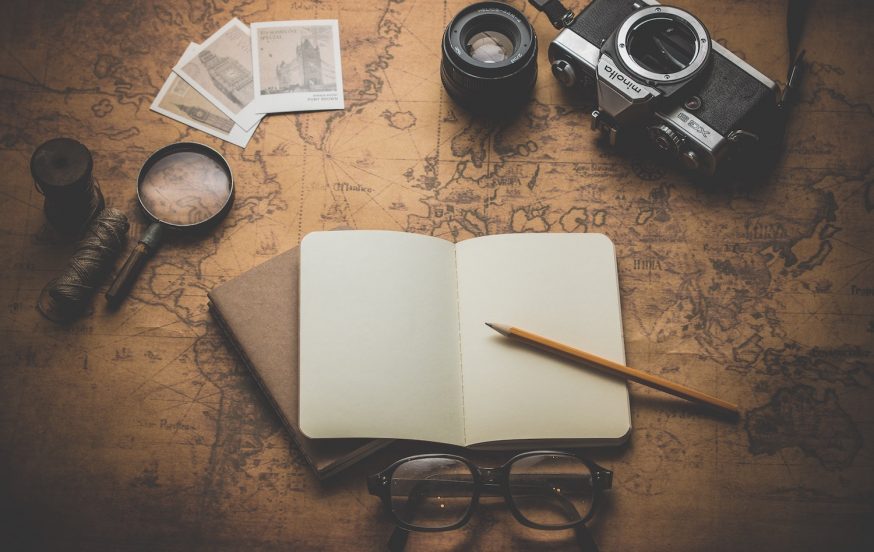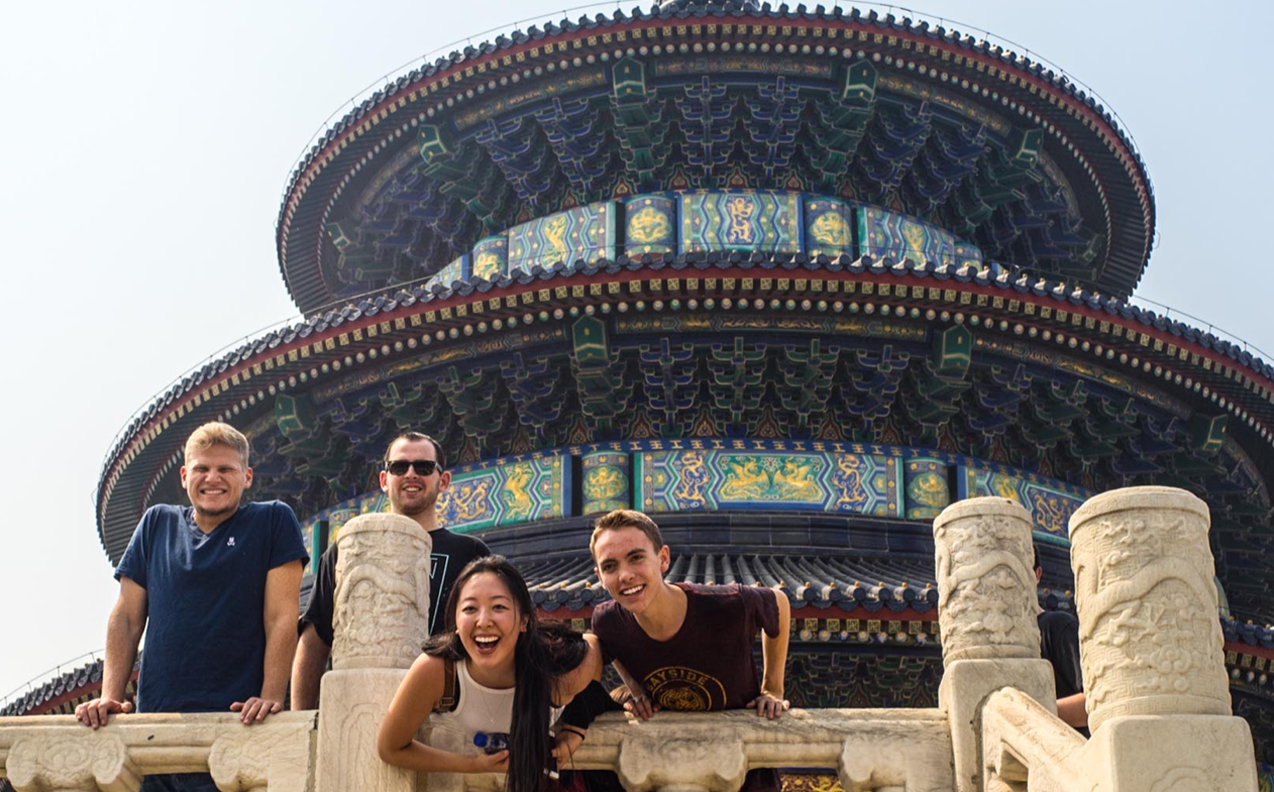Remember how your parents would sneak vegetables into every meal for you as a child? Travelling with your students gives you the chance to be just as clever, sneaking critical thinking activities into the itinerary without students complaining and whining. Think of it as brain vegetables!
First, create a list of research topics or guiding questions that relate directly to your destination and itinerary. Try and create a range of topics that tap into a number of subject areas. You can assign these to individual students, but I find these projects work better as group projects with 2-3 students working together. If time allows, bring students to the library and model how you would start researching a topic that you have zero background on. Students can utilise existing information, reach out to primary sources working in relevant fields, or even make contact with locals who are living in the regions you will soon be exploring.
When their assigned day comes up while on tour, use your bus commute or breakfast time for groups to present what they have learned. Each group should also be responsible for creating a one-page handout that captures everything they have learned, and as the “experts of the day” they should be prepared to tackle any questions from their peers. This gives you plenty to score and gives students the chance to practice valuable public speaking and presentation skills.
Even something as relaxing as a free day at the beach has the potential for a research topic. Has tourism been beneficial for the ecosystem? What other species call this region home? What improvements in modern technology and design are helping fight off erosion? With younger students, have students focus on collecting images and facts on a specific location; you can use a worksheet template, ensuring each group is sharing the same information. If you are working with high performing students, have them craft their own guiding questions using only the itinerary as inspiration.
We’ve teamed up with Walter Doyle, English teacher and co-founder of Kids N Culture, to bring you this 5 part education series exploring how travel connects to the classroom and improves academic performance. Walter is an expert in all things educational travel and has seen first-hand the learning benefits of taking students outside the classroom and into the real-world.



